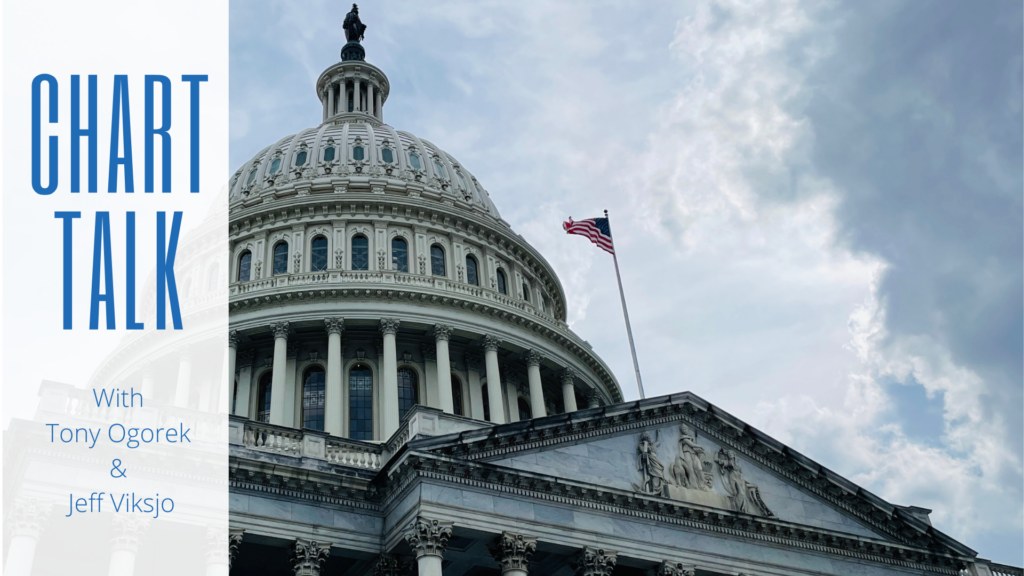Over the past two years, we have all noticed the effects of rising interest rates. Most of us have had to deal with the effects directly, whether it’s being saddled with higher mortgage, vehicle or credit card interest rates. There are also some positives, like earning more interest in high-yield savings accounts or short-term bonds. But for some, there could be a surprise bill from underpaying taxes.
The United States tax system is pay-as-you-go, which means taxes should be paid as income is earned. For most taxpayers, taxes are withheld from wages, Social Security or retirement account distributions to cover their tax liability.
However, independent contractors, consultants and other self-employed taxpayers can’t withhold taxes, so they need to pay estimated taxes quarterly. If there is not enough tax withheld, the IRS will assess an underpayment penalty. An underpayment penalty is essentially an interest charge on the tax that should’ve been paid throughout the year. This interest rate has increased to 8%, from just 3% at the beginning of 2022, and an estimated 12.2 million taxpayers had to pay these penalties last year.
When the underpayment penalty rate was at 3%, under withholding on taxes wasn’t much of a concern. You would pay the penalty when you filed your tax return, but the money that was not withheld throughout the year could be invested. There is always risk in the stock market, but looking at historical investment returns, they generally exceed 3%, meaning that you could more than offset the penalty through your investment earnings. Now, with an 8% underpayment rate, the scales are tipped back in the government’s favor.
What can you do to avoid this penalty? The IRS has safe harbor rules, and if you satisfy one of the following criteria, no penalty will be assessed:
- You withhold up to 90% of your current year tax liability.
- You withhold enough where your tax owed is less than $1,000.
- You withhold 100% of your prior year taxes owed (or 110% of the prior year if your adjusted gross income exceeds $150,000 for married filers).
To ensure you are meeting these rules, we recommend meeting with our office or your accountant for a tax review. If you file your own tax return, you can try the IRS withholding estimator to ensure you are on track to withhold the correct amount. We can help adjust withholdings or make quarterly payments as needed.
PLEASE SEE IMPORTANT DISCLOSURE INFORMATION HERE.




